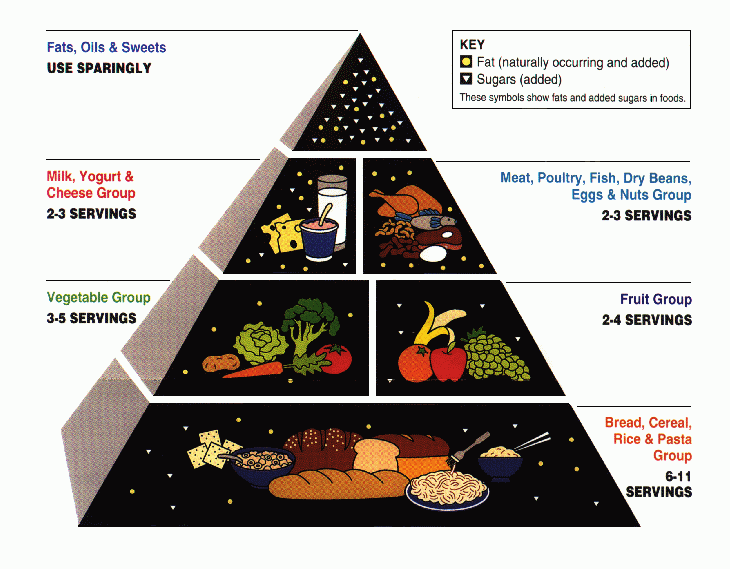While true to an extent, it has been in my experience an oversimplification. I would do sprints, lift hard, and eat "healthy carbs". I never got truly skinny...just chubby buff at best. In fact, I had a brief relapse period and had to eat liquid foods for a time...ended up reverting back to the standard American diet and gained my weight back. I tried something new...I started eating right and since I'm studying most of the time anyway, I don't do as much exercise as I'd like. I look better than I ever did when I was "getting off my ass". I was still pre-diabetic when I was sprinting and lifting every other day, still had fat in areas I didn't want, and it basically plateued. Anybody who has ever tried to lose weight the conventional way will know what I'm talking about. You have to go through extreme measures to actually keep it off.
Eating a standard American diet and exercising your ass off is comparable to digging a pit 20 feet deep and putting a ladder in it to climb into your basement window.
EDIT: I do believe however that genetics does play a role into how carb-sensitive people are, which in turn gives people the perception that if they are fat at age 22, they are "destined to be fat because of genes". Some people can just handle mountain dews, brownies, cakes, pizza, all day long. Others just look at the stuff and get fat. Since a clear majority of people eat that crap anyway, the people who are genetically sensitive to carbs end up suffering with weight gain, while those who stay skinny appear unaffected (simply from a weight loss standpoint, not from an arterial health standpoint). People who are insensitive to massive amounts of carbohydrates tend not to understand why others get so fat. I see it all the time in some of my friends who feel they are better than fat people they see in public because of the fact that those people are "so fat". They feel that those people have no self control and need to "get off their ass" to lose weight, when it is actually that they are more sensitive to the high glycemic load of wheat, rice, and corn-based products at every meal.


